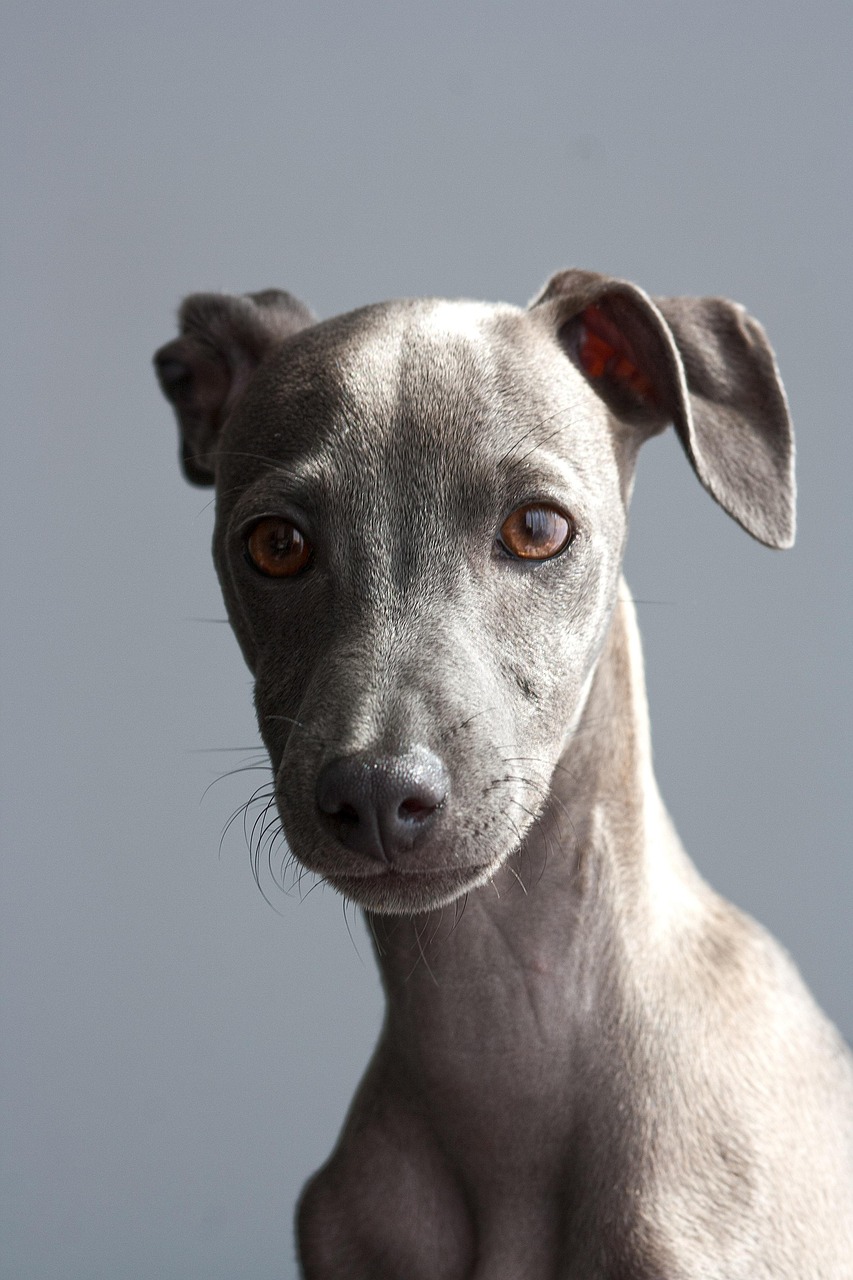Essential Dog Care Tips for New Pet Owners
Bringing a new dog into your home is exciting but can also present challenges, especially for first-time pet owners. Proper care ensures your dog is happy, healthy, and a well-adjusted member of your family. From nutrition and grooming to training and exercise, here are essential dog care tips designed to help you navigate the rewarding journey of pet parenthood.
Understanding Your Dog’s Needs
The first step in successful dog care is understanding what your dog needs to thrive. Like humans, dogs require a balanced diet, regular health checks, exercise, and plenty of love and attention. Each breed has specific needs in terms of diet, exercise, and social interactions, so it’s essential to learn about your particular breed’s requirements or discuss these needs with a veterinarian.
Optimal Nutrition
Feeding your dog a nutritious diet is crucial for their overall health. Commercial dog foods, whether dry kibble or wet food, are formulated to meet all of a dog’s nutritional needs. However, the quality of dog food varies significantly between brands.
Choosing the Right Dog Food: Look for brands with whole-food ingredients and without fillers like corn or meat by-products. The first ingredient should always be a meat source. Adjust the food type and portion size according to your dog’s age, size, and activity level. Puppies and active breeds require more calories, while older dogs might benefit from a weight management formula.
Hydration is Key: Always ensure that your dog has access to fresh, clean water. Hydration is vital for their health, especially if they consume mostly dry food.
Regular Exercise and Play
Exercise is vital for your dog’s physical and mental health. It helps manage their weight, improves cardiovascular health, and reduces behavioral problems. Regular playtime is also crucial for your dog’s well-being as it helps strengthen your bond and keeps your dog mentally stimulated.
Exercise Needs: While all dogs need daily exercise, the intensity and duration will depend on the breed, age, and health. For example, energetic breeds such as Border Collies and Labradors may require more time to run and play, whereas smaller breeds like Pugs and Bulldogs need less strenuous activity.
Training and Socialization
Training is essential for any dog and should begin the moment your dog enters their new home. Basic commands like sit, stay, come, and heel are important for safety and social behavior.
Socialization: Expose your dog to different people, pets, and environments from an early age. Well-socialized dogs are generally happier and less anxious in various setting. It’s also important to be patient and consistent with your training methods.
Health Care and Grooming
Regular veterinary visits are crucial for maintaining your dog’s health. Your dog should have an annual check-up where vaccinations are updated, and overall health is assessed. Dental care, parasite control, and vaccinations are preventive measures that can save you a lot of trouble in the long run.
Grooming Basics: Regular grooming keeps your dog clean and comfortable and provides an opportunity to check for any abnormal signs like lumps, bumps, or inflamed areas. How often you should groom your dog depends on their breed, hair type, and activity level. At minimum, brush your dog’s teeth several times a week, clip their nails monthly, and bathe them as needed.
Creating a Comfortable Environment
Your dog’s environment should be safe, comfortable, and stimulating. This includes having a quiet, cozy place for your dog to sleep, access to toys, and a secure area where they can play and exercise.
Safe Spaces: Consider crate training as a way to provide your dog with a secure space. Dogs naturally seek shelter that can feel safe and secure, and a crate can serve this purpose very effectively.
Common Questions from New Dog Owners
How often should I feed my dog?
Most dogs thrive on two meals per day. However, puppies under five months of age should be fed three to four times per day, or as directed by a vet.
What should I do if my dog is scared of thunderstorms?
Provide a safe space where your dog can go during storms. This might be a crate or simply a quiet corner with a comfy bed. Calming wraps and music can also help soothe anxiety.
How do I know if my dog is sick?
Changes in behavior, appetite, or energy levels can be signs of illness. Other red flags include vomiting, diarrhea, or uncharacteristic aggression. Contact your vet if you notice any of these symptoms.
Conclusion
Becoming a pet owner is a serious commitment that spans the lifetime of your dog. By adhering to these dog care essentials, you’re ensuring that your pet remains a loving and enjoyable member of your household for years to come. Remember, a happy, healthy dog is the result of attentive, dedicated caregiving.



